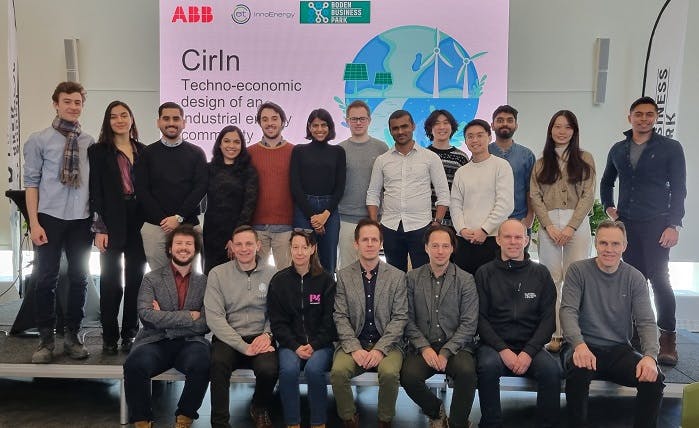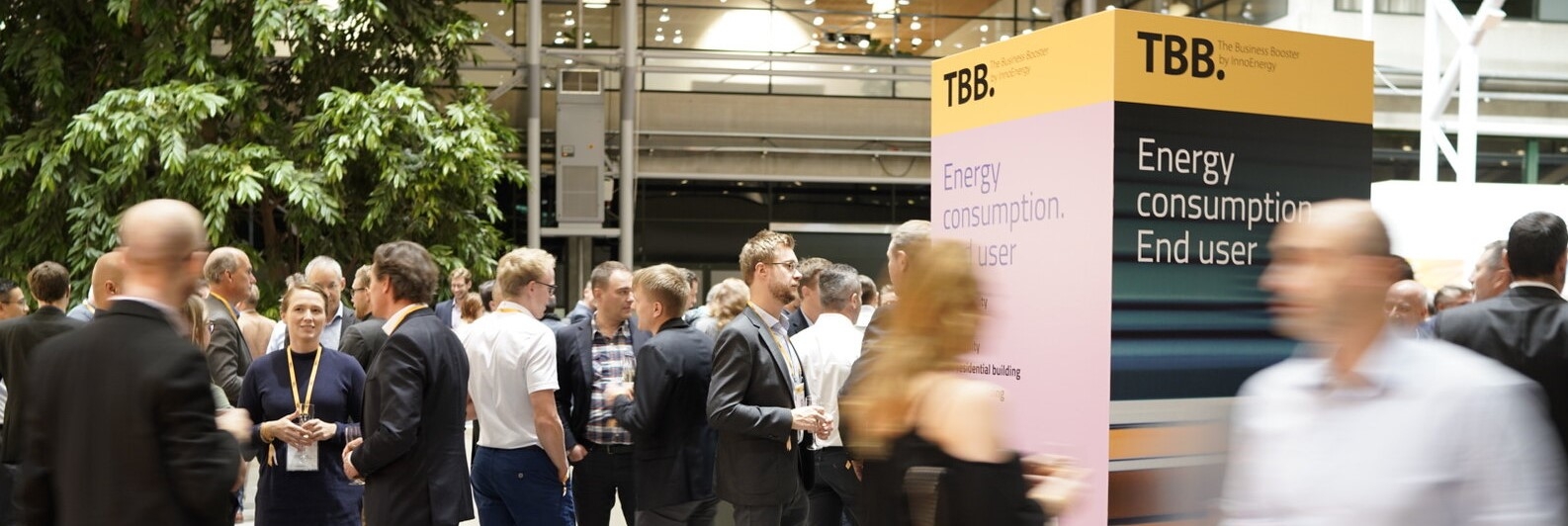Unleashing Industrial Symbiosis: a journey towards a circular economy in Boden

The integrated Project of the Year (iPoY) of EIT InnoEnergy Master’s in Sustainable Energy Systems is an exciting chance for students to dig their teeth into a real-world project and apply the concepts they’ve learnt. It’s an intense and challenging year-long engagement and a fantastic journey that can lead to great opportunities! Fourteen students, aided by big energy industry player ABB, are now coming into the home stretch of their iPoY – setting up the framework for Industrial Symbiosis in Boden, Sweden. Team members Julian Hausweiler, Enzo Cording, Parvathi Thampi, and Teodora Lazar give us a peek into their “Cirln” project.
Project Cirln
Learning curve
Complimentary knowledge
Future opportunities
As the team prepares their final results, they share: “Our findings will show that Industrial Symbiosis can be helpful to the environment and has economic advantages. We’re laying a solid foundation for future development in Boden, which can be a shining example for cities worldwide – and you can keep up with our progress on LinkedIn. On a professional level, we clearly see an opportunity to work with the project partners and are assessing a potential venture!”
Check out the EIT InnoEnergy Master’s in Sustainable Energy Systems programme here!

